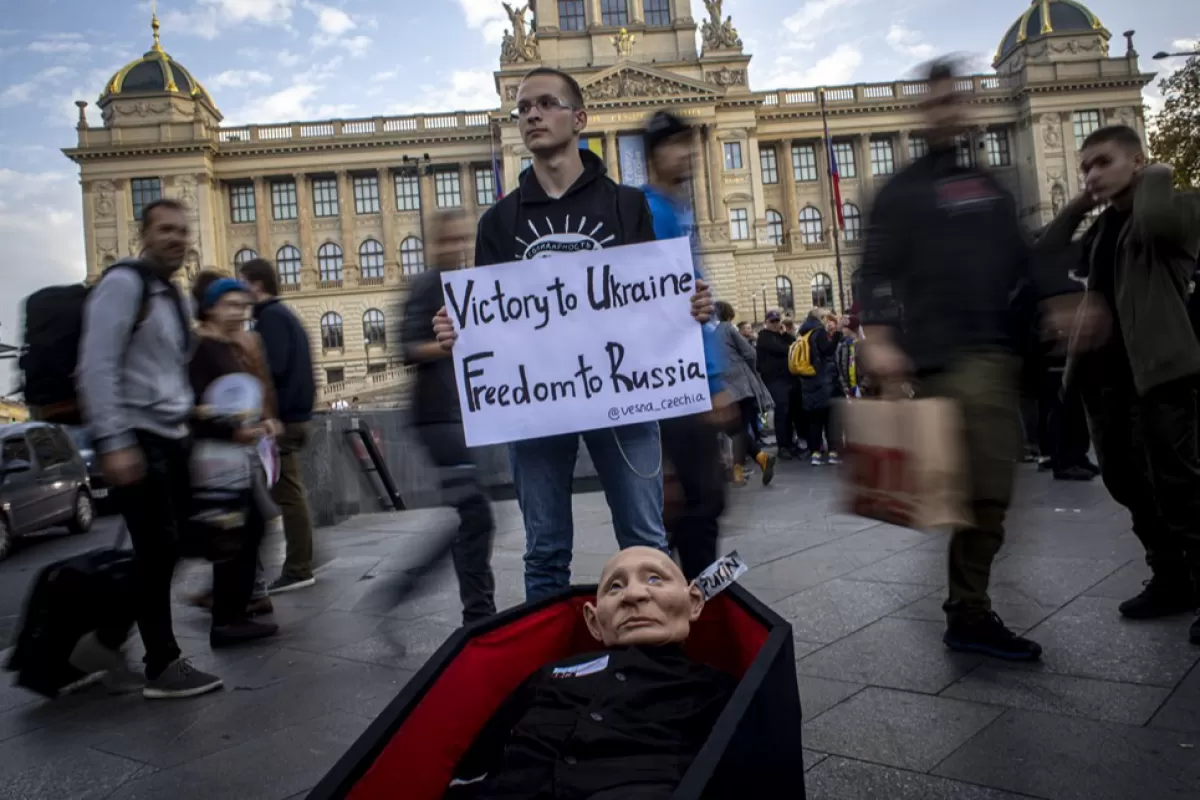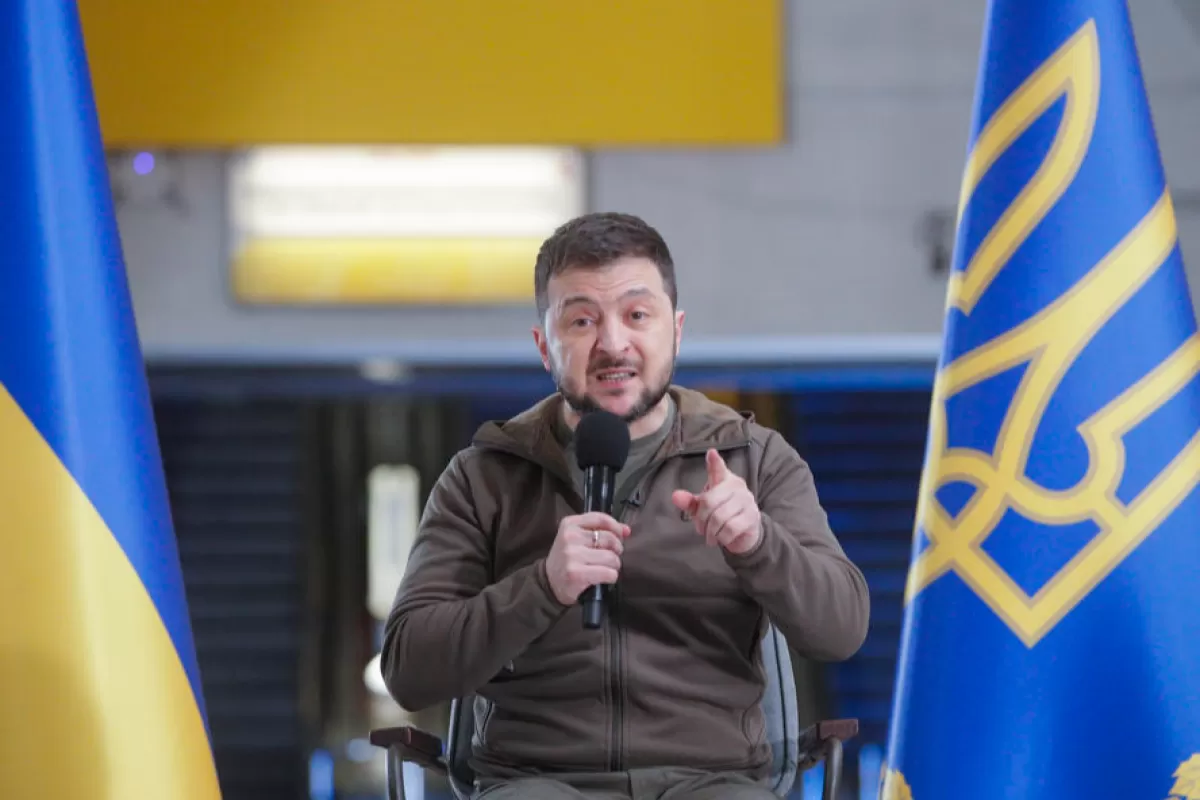
Angela Grămadă is the Chairperson of the Association of Experts for Security and Global Affairs, Romania, an expert specializing in research on the ex-Soviet space, especially on the study of relations between the Russian Federation and the member states of the Eastern Partnership. She authored several indepth analysis and study projects aimed at researching domestic and foreign policy processes in Ukraine.

Between December 26 and 27, 2022, the informal Summit of the leaders of the CIS states took place in the city of Sankt-Petersburg. The meeting should have shown that this Russian-dominated organization, which for years has been trying to present it as an alternative to the more attractive EU and NATO, is relevant and viable, that Moscow enjoys the support of its ex-Soviet partners even in the conditions of the war in Ukraine. Speeches about cooperation cannot mask the reality: the CIS is an outdated organization, in crisis, which has no serious long-term prospects.

The meeting of NATO Foreign Ministers held in Bucharest over November 29-30 was not overlooked by Russian officials, nor propaganda media. Moscow interpreted the event in its own, different key, without however introducing new elements in terms of rhetoric. The allegations brought to the North Atlantic Treaty Alliance are the same: NATO has reached beyond the purposes it was originally designed for, it is promoting an all-out war against Russia while using the territory of other states, it is supplying Kyiv with weapons, prolonging the war indefinitely.

The war in Ukraine is not going well for Russia and the regime of Vladimir Putin, who threw his country into the affair. Although Putin forced all his people to say in February 2022 that Ukraine must be destroyed, the final decision was his and he will answer for it, alone or with others. And that’s why many Western and Russian analysts started wondering whether Putin's “reign” is coming to an end and who might succeed him.

Many Russians who have fled Putin’s partial mobilization have ended up in Georgia, and their presence in this country is creating demographic, economic, political and, obviously, social problems. Besides, Tbilisi authorities cannot be sure whether each of these migrants is a fugitive or if they are agents on Moscow’s payroll. All that is generating a national security predicament that must be managed in due time while the country is trying to maintain its European track, after failing to secure the EU candidate status this year.

Most Ukrainians believe their country will win the war against Russia, reads a recent survey carried out by the International Republican Institute. The study also reveals that Ukrainians continue to argue in favor of Euro-Atlantic integration, although their perception of NATO reported fluctuations due to delays or readiness to provide military assistance, and they remain critical of their elected officials, despite the war.

In recent years, Ukraine has taken a series of measures to secure its information space, affected both by Russian manipulation and disinformation campaigns, and by the influence of some oligarchs pursuing their own interests. The measures include a law aimed at taking the media away from the control of oligarchs. The effect has been more state control over the media, and the question arises whether it is a temporary situation, justified by the war, or a regression of Ukrainian democracy.